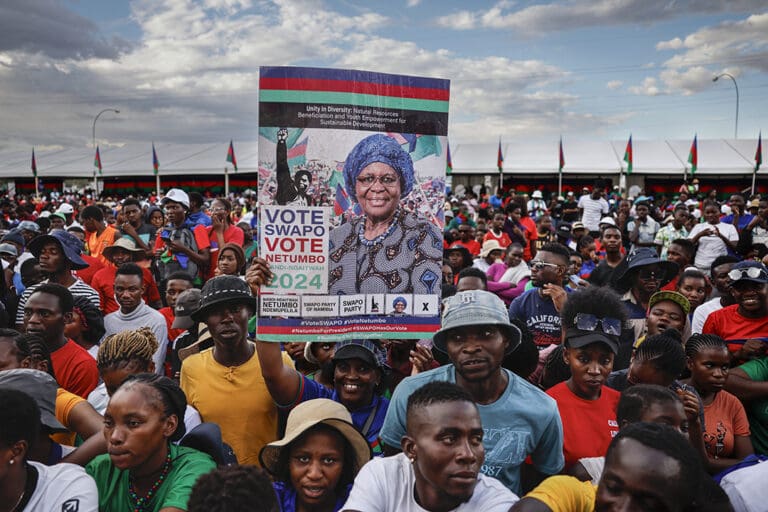In a dramatic turn of events, Namibia’s post-election landscape took a contentious twist on Monday as the country’s main opposition party, the Independent Patriots for Change (IPC), lodged a legal challenge against the outcome of the November 27-30 polls.
The move comes amid escalating tensions surrounding the election process, marked by logistical and technical glitches that have raised questions about the credibility of the results.
Following a series of controversial extensions to the voting period due to logistical and technical challenges, Namibia’s ruling party, SWAPO, emerged victorious with its presidential candidate, Netumbo Nandi-Ndaitwah, securing 57 percent of the ballots.
In contrast, the IPC’s Panduleni Itula garnered 25.5 percent of the votes, leading to claims of electoral irregularities by the opposition.
In the court application, the IPC is demanding access to detailed tallies for all ballots cast and counted during the election period.
The party, which had previously declared its refusal to recognize the election results, cited concerns over irregularities and discrepancies in the voting process as the basis for their legal challenge.
Its court application emphasised the need for transparency and accountability, stressing the importance of obtaining comprehensive data on votes cast and counted across all four days of the election.
The Electoral Commission of Namibia has acknowledged a series of challenges encountered during the voting process, particularly on the first day of the election.
Issues such as a shortage of ballot papers and malfunctioning electronic tablets resulted in significant delays and lengthy queues, with reports of voters enduring wait times of up to 12 hours, prompting some to abandon their attempts to vote.
Accusations from the IPC suggest deliberate efforts to suppress voter turnout by creating obstacles and disruptions at polling stations.
JN/APA


